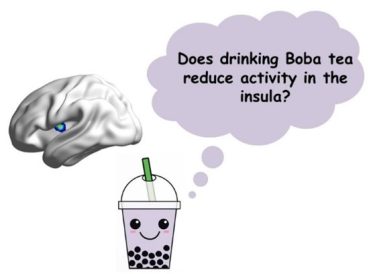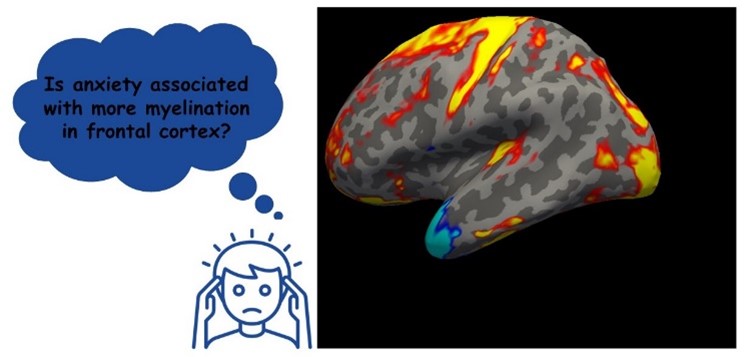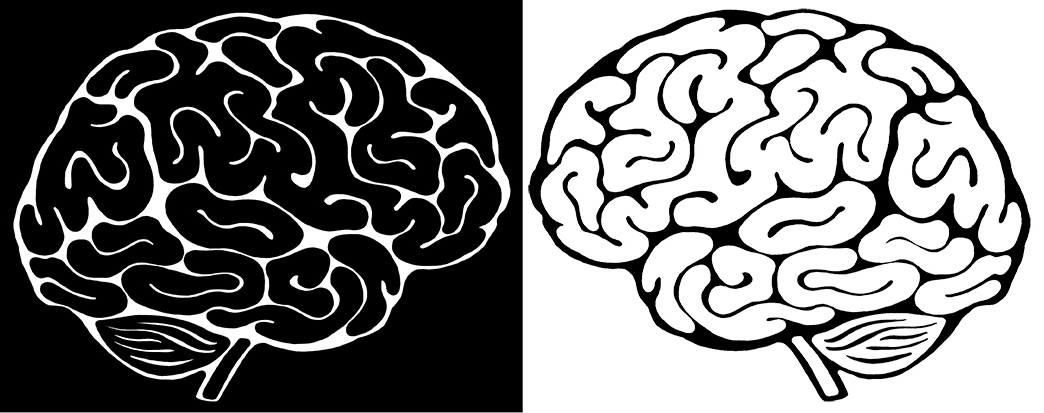Human Neuroscience Seminar SPR 2024
Psych 555B (Seminar in Cognition & Perception)
KINCAID 108, Wednesdays 11-11.50
UNDERGRADS: Email Ione Fine ionefine@uw.edu for an add code!
Instructor: Ione Fine
Ever wanted to look inside your own brain? Thanks to a generous Student Tech Fee grant the Center for Human Neuroscience has the opportunity to offer students the chance to carry out their own research in human neuroscience.
The manual for how to access and analyse CHN-STF data is here.
In Spring 2025 we will focus on anatomical measures (gray matter, folding, areal size). Most weeks we will have a lecture talking about cool things we have discovered with anatomical measures and a couple of office hours to help you work on anything you want.
| Date | ||
| 1. March 27 2024 Kincaid 108 |
Woon Ju Park | Structural differences in myelination between early blind and sighted individuals |
| 2. April 3rd Kincaid 108 |
Ione Fine | The CHN Dataset is live! |
| 3. April 10th Kincaid 108 |
John Pyles | Diffusion – what it is and basic analysis I |
| 4. April 17 Kincaid 108 |
John Pyles | Diffusion – what it is and basic analysis II |
| 5. April 24 Kincaid 108 |
Kelly Chang | Characterizing white matter hyperintensities with diffusion modeling (or my title, ‘why my brain doesn’t work as well any more’) |
| 6. May 1 Zoom 8589454793 |
||
| 7. May 8 Kincaid 108 |
Geoff Boynton | Tactile hyperacuity thresholds correlate with finger maps |
| 8. May 15 Kincaid 108 |
Scott Murray | Cortical Surface Area Relates to Distinct Computational Properties in Human Visual Perception |
| 9. May 22 Kincaid 108 |
Ariel Rokem | Human white matter myelinates faster in utero than ex utero |
| 10. May 29 Kincaid 108 |
******************************************************************
Although this is listed as a Psychology class, it’s open to a wide variety of students: from clinical psychology to philosophy – anyone interested in human neuroscience.
Classes will be in person, with the option of attending on Zoom (though that’s not advised for some hands-on classes). Registration is optional, though preferred.

This class is suitable for all undergraduate and graduate students with an interest in brains.
The basic format of the class is that this quarter you will (1) design survey questionnaire data (2) get your brain scanned (optional), (3) practice some basic analyses on the survey data and do some basic analyses on your own brain.

Although this class won’t allow you to run a full experiment in a single quarter (it’s a 1 credit class!), your questions will become part of the STF database, so hopefully next quarter you would be able to complete your experiment.
